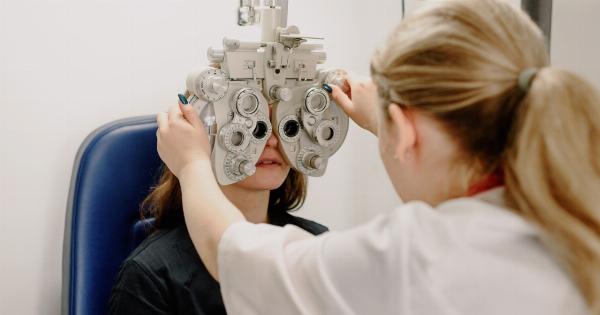Fertility is a crucial factor for each person, particularly those who are longing for children in their future.
The success rate of pregnancy, and eventually, live births, is subject to many factors, from age to health conditions, leading to infertility which is defined as the inability to conceive after a year of regular, unprotected intercourse. Infertility isn’t uncommon and can occur in both males and females. It’s estimated that 1 in 8 couples experience difficulties in conceiving a child. However, there are ways to improve fertility and increase the chances of pregnancy.
Get Regular, Moderate Exercise
Regular, moderate exercise has a lot of health benefits, including increasing fertility levels.
Studies have shown that women who participate in regular, moderate exercise for 30 minutes or more at least five times a week, have better fertility rates than those who don’t. Exercise helps to control body weight, reduce stress, and balance hormones like insulin and cortisol which are linked to fertility issues. One study investigated the effects of a 16-week exercise program in women with obesity.
The results showed improved fertility levels in the participants.
Reduce Stress Levels
Stress is a common factor in modern-day life, but it can have serious effects on our health and contribute to fertility problems.
High-stress levels can affect hormone levels, leading to poor egg and sperm quality, irregular periods, and a lack of ovulation. To reduce stress levels, couples should practice stress-reduction techniques, such as yoga, meditation, and breathing exercises, to promote relaxation.
Quit Smoking
Smoking cigarettes is associated with several health problems, including decreasing the chances of getting pregnant in females and reducing sperm count in males. Smoking has also been linked to early menopause in females, which can decrease fertility.
Quitting smoking can help to improve overall health, and boost fertility, leading to a higher chance of pregnancy.
Examine Your Diet
A healthy diet can promote fertility and improve overall health. Couples should aim to eat a balanced diet containing protein-rich foods, complex carbs, and healthy fats.
Additionally, they should increase their intake of fruits and vegetables which contain vitamins and minerals essential for reproductive health. Studies have shown that women who eat a plant-centered diet are less likely to encounter ovulatory infertility than those who don’t.
Take Necessary Supplements
Couples trying to conceive should ensure they are getting the necessary nutrients and vitamins required for pregnancy and fetal development.
Prenatal vitamins and mineral supplements, including folic acid, are essential for fetal growth and can help reduce the risk of birth defects. For males, Zinc and Vitamin C supplements are linked to increased sperm count and motility.
Reduce Caffeine and Alcohol Intake
Consuming high amounts of caffeine and alcohol can harm fertility. Heavy coffee consumption by females can lead to delayed conception and increased risk of miscarriage.
Moreover, heavy drinking can lead to lower testosterone levels in males and decreased sperm quality, quantity, and motility in males and females alike. Couples should reduce their intake of caffeine and alcohol to boost fertility levels and promote overall health.
Visit a Fertility Specialist
If a couple has tried to conceive for a year without success, it’s time to visit a fertility specialist. Infertility may be due to medical conditions that require treatment, including polycystic ovary syndrome, endometriosis, and thyroid problems.
A fertility specialist can perform tests to determine the underlying cause of fertility problems and can provide treatments specific to the individual. Treating underlying medical conditions can promote fertility and increase the chance of pregnancy.
Conclusion
Fertility problems can be stressful and disheartening, but there are ways to improve fertility and increase the chances of pregnancy.
Couples should take steps to maintain a healthy lifestyle, including regular exercise, reducing stress, quitting smoking, eating a balanced diet, taking necessary supplements, and reducing caffeine and alcohol intake. Additionally, visiting a fertility specialist may also be necessary to determine any underlying medical conditions that require treatment. Following these steps can increase the chances of pregnancy and lead to a healthy baby.





























